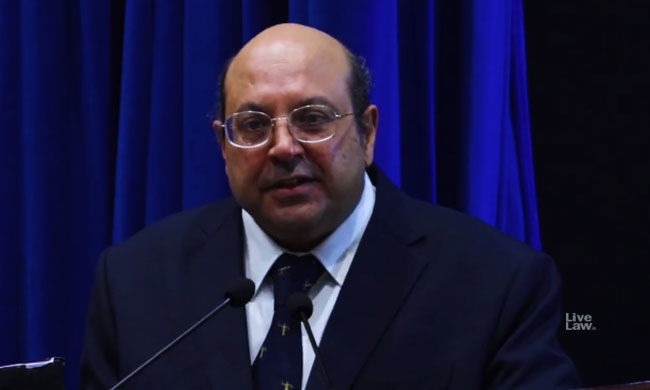The Central Authority nominated Justice Nariman, with immediate effect in the wake of retirement of Justice Arun Mishra, who held the post of chairman since November, last year.
As per Section 3A of the Legal Services Authorities Act, 1987, it is the Central Authority which has to constitute a Committee to be called the Supreme Court Legal Services Committee for the purpose of exercising such powers and performing such functions as may be determined by regulations made by the Central Authority.
Supreme Court Legal Services Committee is constituted for implementing the legal services programme insofar as it relates to the Supreme Court of India. Following are the powers and functions of the committee as per Supreme Court Legal Services Committee Regulations, 1996: (a) To administer and implement the legal services programme in so far as it relates to the Supreme Court of India and for this purpose take all such steps as may be necessary and to act in accordance with the directions issued by the Central Authority from time to time; (b) To receive and scrutinize applications for legal services and to decide all questions as to the grant of or withdrawal of legal service; (c) To maintain panels of advocates on record and of senior advocates in the Supreme Court for giving the legal advice; (d) To decide all matters relating to payment of honorarium, costs, charges and expenses of legal services to the advocates on record and to senior advocates of the Supreme Court; (e) To prepare and submit returns, reports and statistical information in regard to the legal services programme to the Central Authority.
The Chairman of the Committee (1) shall be in overall charge of administration and implementation of the programmes of the Committee: Provided that the Chairman shall not directly concern any question as to grant or withdrawal of legal service to any person. (2) cause the meetings of the Committee convened through the Secretary at least once in a period of three months. (3) shall preside over the meetings of the Committee. (4) shall have all the residuary powers of the Committee.

